Paying Off Debt: The Basics & What You Need to Know
October 9, 2024
Navigating the path to financial stability often involves overcoming debt, a journey that can be both challenging and transformative. Effective debt management empowers you to reclaim control over your finances. This guide delves into the essentials of debt repayment, providing insights and strategies to help you effectively manage and eliminate debt.
Understanding and Assessing Your Debt:
The first step towards financial liberation is a thorough assessment of your debt. This means listing all liabilities—credit cards, student loans, mortgages, car loans, and other personal debts. Each type of debt should be clearly understood in terms of balance, interest rate, and monthly obligations. This comprehensive view is crucial as it forms the basis for all subsequent debt management strategies.
Developing a Debt Repayment Strategy:
Effective debt repayment starts with sound budgeting. Knowing precisely how much money flows in and out each month allows you to identify surplus funds that could accelerate debt repayment. To optimize this process, consider two popular methods:
- The Snowball Method: Focus on paying off smaller debts first, gaining momentum as each balance is cleared.
- The Avalanche Method: Prioritize debts with the highest interest rates to minimize total interest paid over time.
Debt consolidation can also simplify your financial landscape. By combining multiple debts into a single loan with a potentially lower interest rate, you streamline your monthly payments and can often reduce the cost of debt. Negotiating with creditors can also lead to lower interest rates or improved repayment terms, especially if financial hardship makes it difficult to meet your original repayment terms.
Accelerating Debt Repayment:
To expedite debt clearance:
- Pay more than the minimum required amount on your debts whenever possible.
- Use financial windfalls, such as tax refunds or bonuses, to make lump-sum debt payments.
- Cut back on non-essential expenses to free up more money for debt repayment.
- Consider finding new ways of earning extra income through side gigs or overtime.
Maintaining Motivation and Focus:
Debt repayment is a long-term commitment, and maintaining motivation is key. Regularly tracking your progress and celebrating each debt paid off can provide psychological boosts. Keep your ultimate financial goals in mind, reminding yourself of the freedom and peace of mind that come with being debt-free.
Successfully managing debt is more than just paying off balances; it involves changing how you interact with your finances. With a clear understanding and a strategic approach, you can efficiently navigate your way out of debt.
If debt management seems overwhelming, you're not alone. RC Jones & Associates is here to help with personalized strategies and expert guidance. Contact us today for support in achieving your financial goals and restoring your peace of mind.




